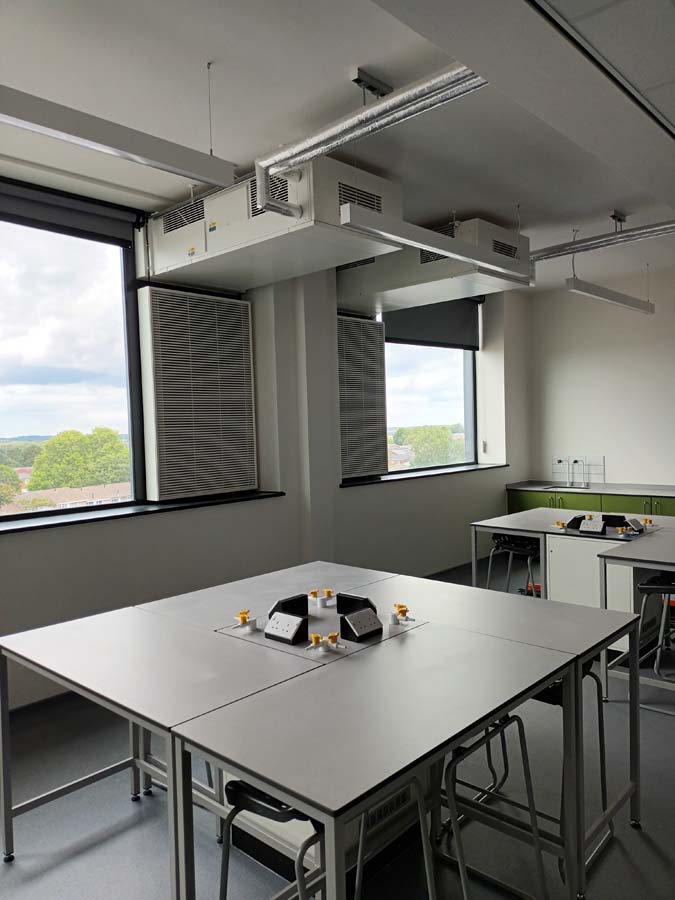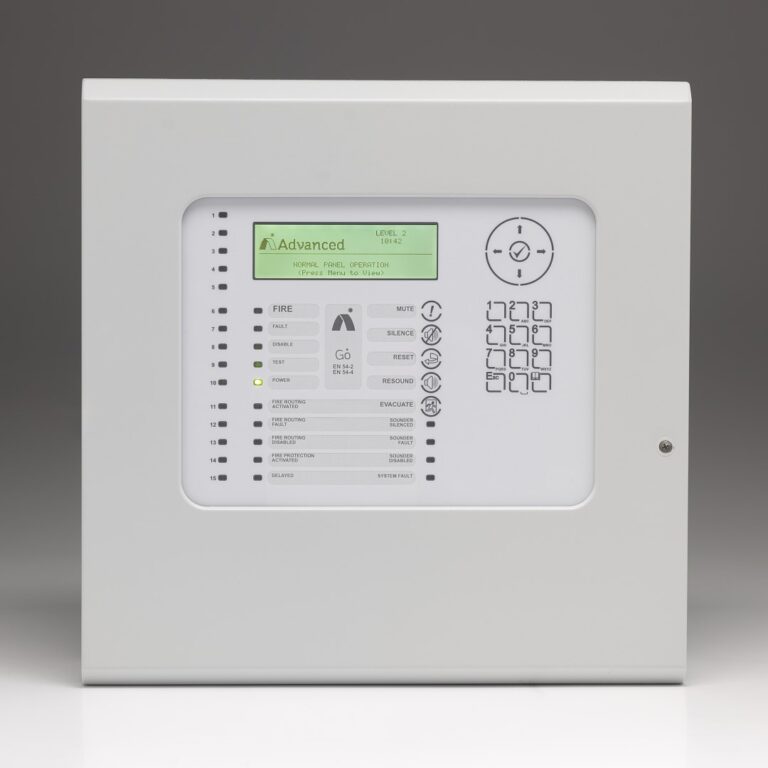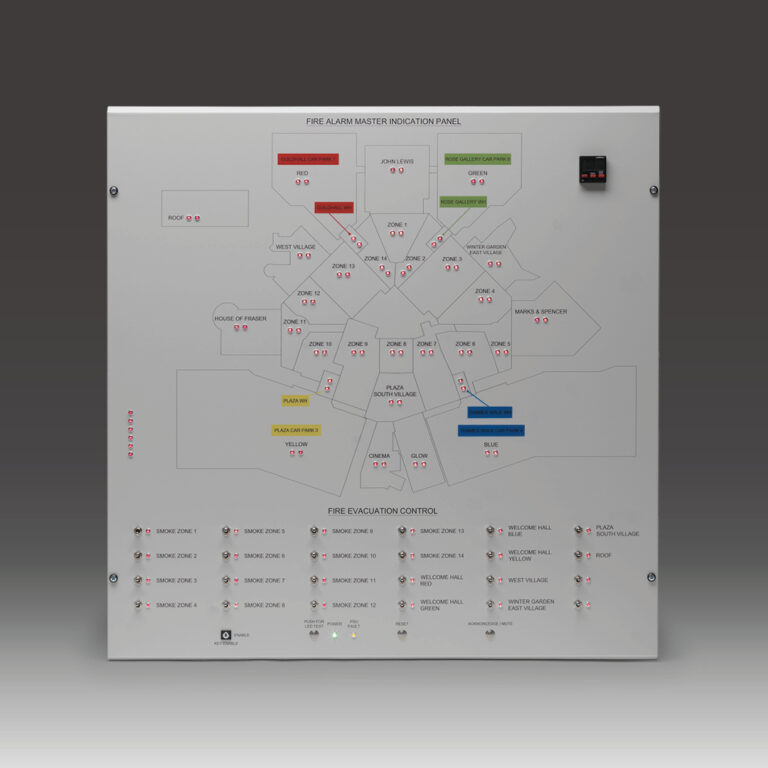Pollard Thomas Edwards architects (PTEa) working for Countryside Properties and Newlon has fought off competition from AHMM and Maccreanor Lavington architects working for Laing O’Rourke and Keepmoat to regenerate the 1960s Alma Estate, in Ponders End in the London Borough of Enfield.
The winning design reintegrates the Alma Estate with the surrounding neighbourhood by creating a clear and legible layout of apartment blocks and family houses with private gardens, the discreet incorporation of car parking; and by creating a new linking road with Scotland Green Road. The proposed scheme will create around 794 new homes.
The design responds to a need to address the disjoined layout, inactive streetscapes and increasing isolation of the estate from the surrounding neighbourhood. PTEa have successfully created a design that reintegrates the estate by reinforcing historic routes through the site, re-establishes traditional streetscapes while adding both tall buildings and private family homes to create a positive sense of place.
The design is focused around four key areas:
South Street is already a major route leading to the railway station. The PTEa design makes South Street the hub for community facilities – for shops, a health centre and other community buildings, providing a series of destinations on the way to and from the station with carefully integrated drop-off spaces and green space. The community spaces will form the ground floor of a series of three six-storey (19.5meter) apartment blocks. Each of these three apartment blocks will form one end of a series of three blocks that will run from north to south. These blocks will be defined to the north by lower five-storey apartment blocks (15meters) overlooking Napier Street and these apartment blocks on South Street and Napier Street will be linked by terraces of three-storey family houses (9meters), all with front doors onto the street, and private back gardens leading onto a parking courtyard. The height of the blocks on South Street is designed to reinforce the importance of this route.
Napier Road is a secondary route within the Alma Estate. The proposed new homes here will be lower in scale to reflect the street hierarchy. To the south the five-storey blocks will be linked to the apartments and community facilities on South Street with a terrace of family houses. To the north are three-storey (9meters) family houses and four storey (16meters) maisonettes, which relate to the houses of Curzon Avenue in their scale and typology.
Alma Road is an historic route that defines the site, with Alma Primary School to the west and the railway that runs parallel to the road to the east. It links the estate with the traditional neighbourhood to the north. The PTEa design defines this route with five-storey (15meters) apartment blocks that run along the road, with two eight storey (24meters) apartment blocks to the rear against the railway embankment. The two taller blocks define the open space at the eastern end of Napier Road.
Scotland Green Road North is currently cut off from the neighbourhood to the south by the Lea Valley Road flyover, which climbs to the height of the second storey of the four-storey buildings adjacent to it. The PTEa design features two-storey (6meters) houses with private gardens that back onto the gardens of the Victorian houses beyond, giving security and legibility to this part of the estate. Overlooking Alma Road will be a terrace of four-storey (16meters) maisonettes and a five-storey (15meters) apartment building on the corner.
At the heart of the new development PTEa have created two new significant landscaped green spaces. Creating links between South Street and Napier Street, they will be a valuable amenity, drawing together all residents. ‘The Green’ will include soft landscaped areas, doorstep play, paved routes and informal seating. As well as providing necessary open space for the surrounding apartment blocks, the Green will act as a hub linking the Oasis Academy, Alma Primary School, new retail units and the wider neighbourhood beyond.
The PTEa design pays great attention to themes of accessibility and inclusivity. All new homes feature either a private garden or a large balcony (currently, the majority of existing residents do not have any private outdoor space). Car parking has been radically re-thought, with cars removed from the street and into parking courtyards freeing up the space for public amenity.
Materials throughout the regenerated estate will be predominantly brick with metal-pitched roofs, providing consistency, blending in with the surrounding neighbourhood and easy to maintain. All homes will be designed to Lifetime Homes standards and all other requirements of the LHDG.
“The regeneration of this post-war housing estate is much needed. Our design creates a place that people will actively choose to spend time in and be proud to call their own.”
Kaye Stout, Director, PTEa
The project is due to start on site in March 2015.




















